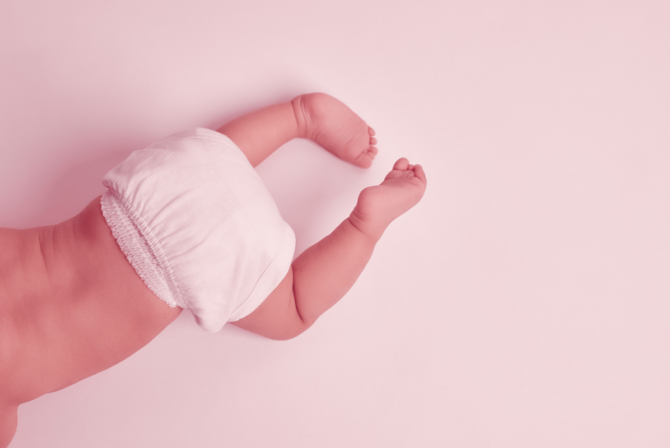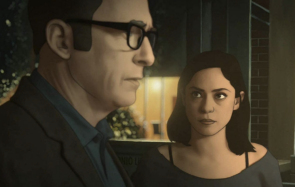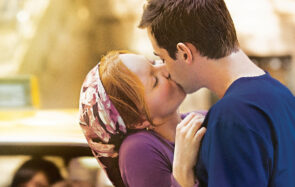The Holocaust is unthinkable. To be a witness to its horrors takes strength. My children, ages 12 and 13, are too young to grasp it, so it made sense not to bring them with me on a recent trip to Eastern Europe. Instead my mother was my travel companion. Together we would go through seven countries, walking in a daze through concentration camps and ghettos. The experience would be profound in ways I can’t explain, particularly our visit to Auschwitz-Birkenau.
Because I am a mother.
I didn’t expect to stand where one and a half million children taken from this world much too soon once stood. I would hear the echoes of their screams and cries as they were separated from their mothers. I would see them lying helplessly in the barracks, dying of starvation and disease. I would feel their fear as they stood in gas chambers, believing they were about to take a shower, clinging to their mothers. I would picture their small, limp bodies in piles left for the world to see after the camps were liberated. I felt their deprivation, their fear, their tears.
How could this happen? This was our main thought while walking through the camps. How could the world watch in silence? The camps are in close proximity to where people live. Neighbors watched Jews leave their homes with carefully packed suitcases of their most treasured items, holding their children by the hand, heading towards trains directed to Auschwitz and Birkenau, which were created for no reason other than to kill Jews. People knew. Seeing the contents of those suitcases, which remain in piles on display at Auschwitz behind closed glass, broke our hearts. They were never going home again.
The Holocaust was only a mere 70 years ago, and I watched as my mom grappled with the fact that these events happened in her own lifetime. Standing before the shadows of the Jewish mothers and children that once entered these places and never left scared the living daylights out of both of us, and we clung to each other as we toured the two camps, which are a very short distance from each other.
In Auschwitz and Birkenau, mothers took care of their children until the bitter end, making decisions no one ever dreams of facing. I could have been one such mom of two young children, standing at selection upon entering the gates of Auschwitz, with my dark Semitic skin and curly black hair, being forced to choose between my daughter and son, much like Sophie in the film “Sophie’s Choice.” Or would I have been able to send my own children into hiding beforehand, knowing that I would never see them again? During the Holocaust, mothers were forced to make choices beyond comprehension and it forced to me think about my own choices and what I would have done.
As a mother, I’ve had to make my share of hard choices. When I contracted thyroid cancer a few years ago, I wasn’t sure whether to tell my children about what I was going through. As one operation led to another, it became necessary to tell them about the terrible disease that had spread throughout my neck. Fortunately, I was given a second chance. Now, when we look back, my cancer has become part of our family history and it’s one that has only made us all stronger and more grateful that we are together.
As hard as that time was for me—and for them—it does not compare to the choices mothers were forced to make during the Holocaust. They were doomed no matter what choices they made for their children.
Coming back to America, in the dawn of a new president and increased anti-Semitic and racist attacks, I now fear for my children in a more profound and real way than ever before. I don’t ever want my children to live in fear the way Jews did before and during the Holocaust, and I will do everything in my power to make sure that #NeverAgain stays true to its meaning.
Read More:
This is What It’s Like to Live with Severe Depression as a Mom
I’m Trying to Love My Pregnant Body, But These Comments Don’t Help
Amy Schumer is Going to Star in a Live Action ‘Barbie’ Film








